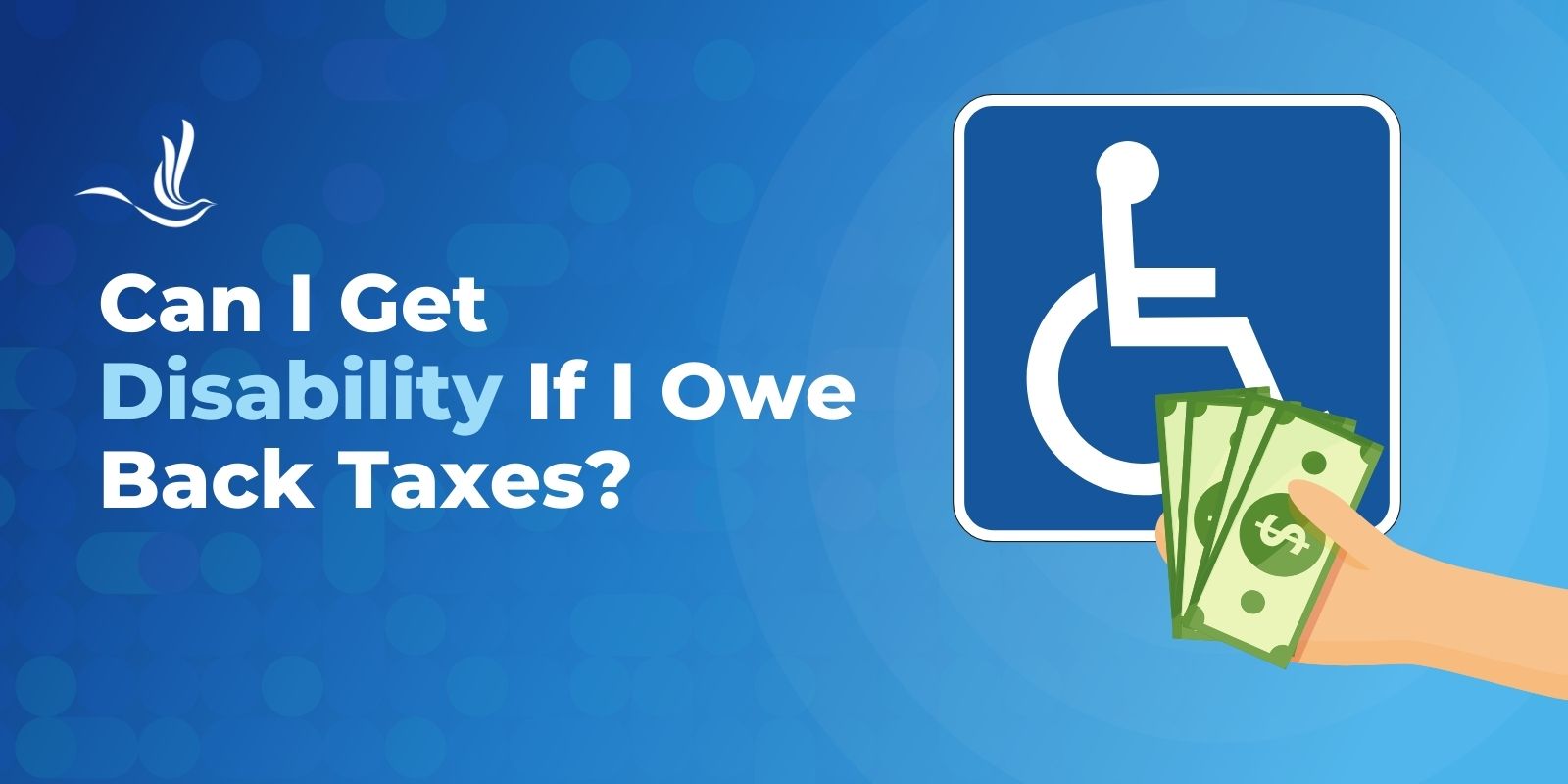
Life can be challenging when facing both financial difficulties and health issues. Many taxpayers ask themselves, “Can I get disability if I owe back taxes?” For individuals experiencing a debilitating condition while also owing back taxes, the situation can seem overwhelming. However, it’s essential to know that there are options available to help ease the burden. In this article, we will explore the process of obtaining disability benefits while managing tax debt, providing a comprehensive guide to assist those in need.
Understanding Disability Benefits
Disability benefits are designed to provide financial support to individuals who are unable to work due to a severe medical condition. These benefits can be crucial for maintaining a basic standard of living and accessing medical care. Two primary types of disability benefits are commonly available: Social Security Disability Insurance (SSDI) and Supplemental Security Income (SSI).
Social Security Disability Insurance (SSDI)
SSDI is a federally funded program that provides financial assistance to individuals who have worked and contributed to Social Security but can no longer maintain gainful employment due to a disability. To qualify for SSDI, an applicant must meet specific criteria set by the Social Security Administration (SSA):
- You are under 66 years old
- You are receiving treatment for medical condition
- You cannot work because of your medical condition
- You are not currently working, or you work part-time with a low pay rate
- You are not expected to recover or work within one year
- You worked and paid taxes for several years before your medical condition
Supplemental Security Income (SSI)
SSI is another federal program that provides assistance to disabled individuals with limited income and resources, regardless of their work history. Eligibility for SSI depends on the applicant’s financial need, age, disability status, and citizenship or residency status. To qualify, you must:
- Be under 66 years old
- Be receiving treatment for medical condition
- Not be able to work because of your medical condition
- Not be currently working, or you work part-time with a low pay rate
- Not be expected to recover or work within one year
- Have less than $2,000 in assets (single filers) or less than $3,000 (married couples), and you or your spouse must not have any other significant income
Applying for Disability Benefits with Tax Debt
While owing back taxes can complicate your financial situation, it generally does not disqualify you from receiving disability benefits. However, it’s essential to understand the potential impact on your benefits.
SSDI and Tax Debt
If you have unpaid tax debt that includes Social Security taxes, you may not be eligible for SSDI. This is because in order to qualify for SSDI, you need to have paid Social Security taxes for at least five of the last ten years. If you haven’t paid enough tax, you may not qualify for these benefits, even if your medical condition is serious. If you already receive SSDI, the IRS can garnish your pay, including up to 15% of your SSDI benefits, to pay off your tax debt.
SSI and Tax Debt
You can still apply for SSI benefits even if you owe back taxes. As of October 2015, the IRS no longer levies SSI benefits.
Tax Help for Social Security Recipients
Navigating disability benefits while owing back taxes can be a complex journey. However, it’s crucial to understand that these challenges are not insurmountable. By staying informed about your rights, seeking professional advice, and addressing tax debt proactively, you can improve your financial situation and focus on your health and well-being. Remember, help is available, and with the right approach, you can overcome these obstacles and find stability in challenging times. Optima Tax Relief is the nation’s leading tax resolution firm with over a decade of experience helping taxpayers with tough tax situations.
If You Need Tax Help, Contact Us Today for a Free Consultation